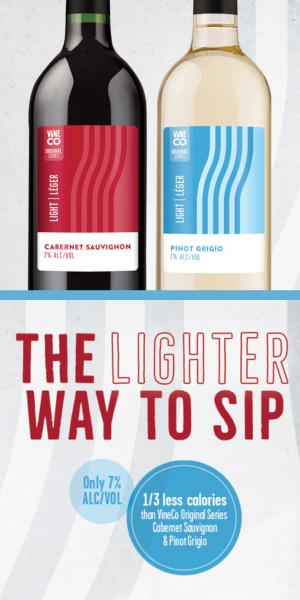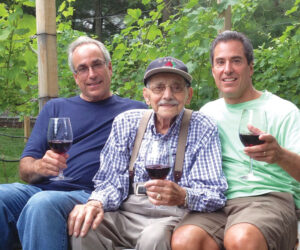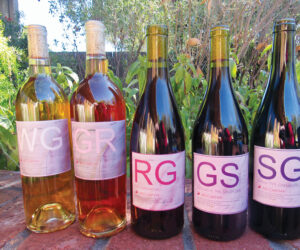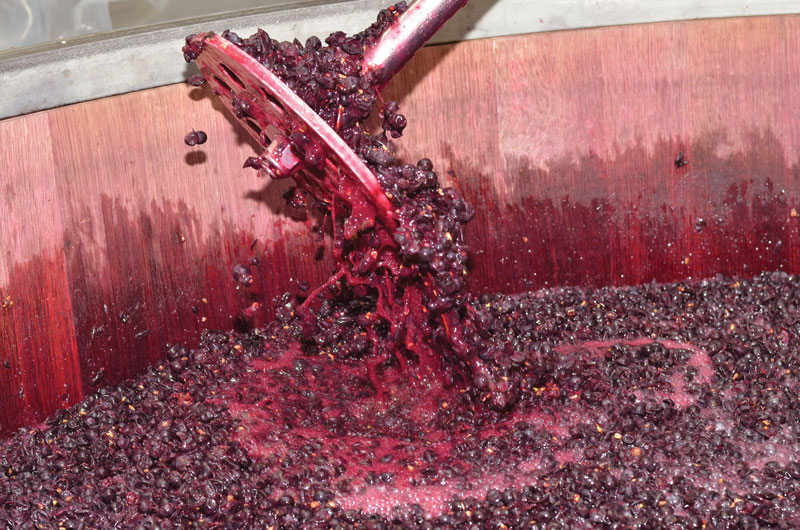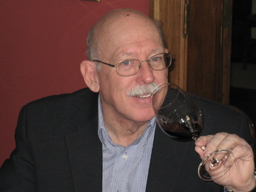
When I was first asked to interview a certified wine judge at the 2011 WineMaker International Amateur Wine Competition, the largest competition of its kind, I will admit that I felt a little intimidated, and it was my first time attending the event. Nevertheless, I donned an apron and sheepishly carried my first flight of wine toward the judging table.
My panel of judges, all from the American Wine Society (AWS), Peter, Walt and Joe adjusted their seats, speaking softly to one another in what I could only imagine was eager anticipation of tasting amateur wines for many hours. I was originally supposed to follow one judge for the day, Joe Dautlick, but, once things got rolling, it became difficult not to ask the entire panel questions, especially since I was soon to find out that judges work as close-knit teams.
I was impressed and relieved to note that judges genuinely seemed to want every entrant to win. They were not, in my experience, at all stuffy or aloof, as I had previously imagined. Rather, their overall goals leaned toward education about and enjoyment of good wine.
Me: What is your favorite wine and why?
Joe: Fruit wine. I picture the winemaker growing the trees, harvesting the fruit, crushing it down, and making wine out of it. I appreciate the craft, labor and care that goes into that. I also think fruit wine is less commercialized than grape wine.
Me: How long have you been a judge, and how did you get into wine judging?
Joe: Ten years. I started doing it on a dare from my daughter.
Me: How hard is it to get your wine judge certification?
Joe: I studied for three years and had to pass a test at the end of each of those years. Out of all of the students who enroll in the AWS program, only about twenty percent pass.
Me: What makes a good wine judge?
Joe: First off, you have to use your nose. Beyond that, a seasoned judge develops mental profiles of wine styles, what certain wines taste like in a perfect state. Then, accounting for variables that arise out of a competition atmosphere, a judge compares the sample wine in front of him to his mental profile. Sometimes it just comes down to personal taste, which is part of why we all confer.
Me: What are the benefits and caveats of being a wine judge?
Joe: [sampling a good wine and smiling] Some days you get to taste really good wines! [after a sentimental pause] Some days good wines are really hard to find, but the best part is helping people with the knowledge and language to identify and make good wine.
Me: How many wine competitions do you judge in a year?
Joe: Around 25 competitions per year, and I would say that about 20% of the wines I taste in commercial competitions is good wine, less in the amateurs.
I spent the rest of the day with Joe as he and another panel tasted wines and meads. We all headed to dinner after a long day of judging, and Joe ushered me into the seat next to him.
“Make sure you get this down,” he said as we ate, with a hint of mock-seriousness and a grin: “I am a wine judge because it is the only hobby where I’ve had to drink more to stay educated.”
